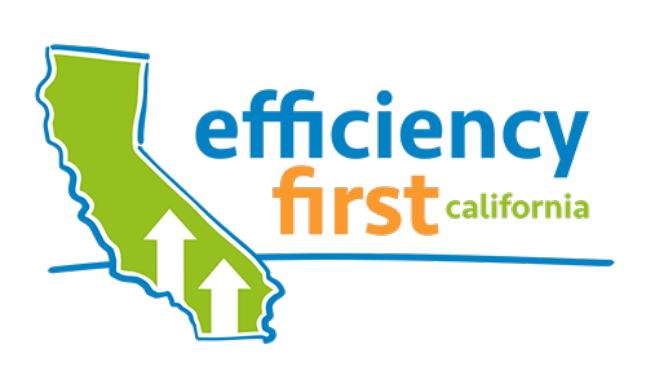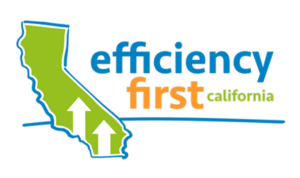California Energy Commission
On May 8th, the California Energy Commission held its first decarbonization workshop. Usually, this would be an in-person meeting at the CEC. Due to the pandemic, however, the CEC held the meeting online.
The goal of this and the upcoming decarbonization workshops is to gather information from stakeholders on the potential and barriers to reducing emissions from buildings. After obtaining feedback from the various stakeholders, the CEC will complete a report on their findings by the end of the year. The report will evaluate California’s ability to reduce GHG emissions by 2030, as outlined in AB 3232. The May 8th workshop was the first to focus specifically on the challenges and potentials of statewide decarbonization effort.
Reach Codes
Last year the city of Berkeley imposed a reach code that bans natural gas in all new construction projects. Berkeley’s effort was a historic move, as no city or county had ever placed an outright ban on natural gas. A reach code is a tool that allows cities or counties to add additional requirements to local building codes. The CEC must approve reach codes before they can be adopted. Following Berkeley’s lead, other cities are also implementing reach codes to ban natural gas. Today, over 30 cities and counties in California have enacted similar electrification reach codes that restrict the use of natural gas.
As the state pushes forward to meet its GHG reduction goals, it is clear that shifting loads away from fossil fuels is a top priority. This trend will only grow over time. Perhaps it is time to consider how you can shape your business or home to take advantage of statewide building electrification efforts.
Charley Cormany
Executive Director
Get Our Monthly Advocacy Update – Sign Up For Our Newsletter


